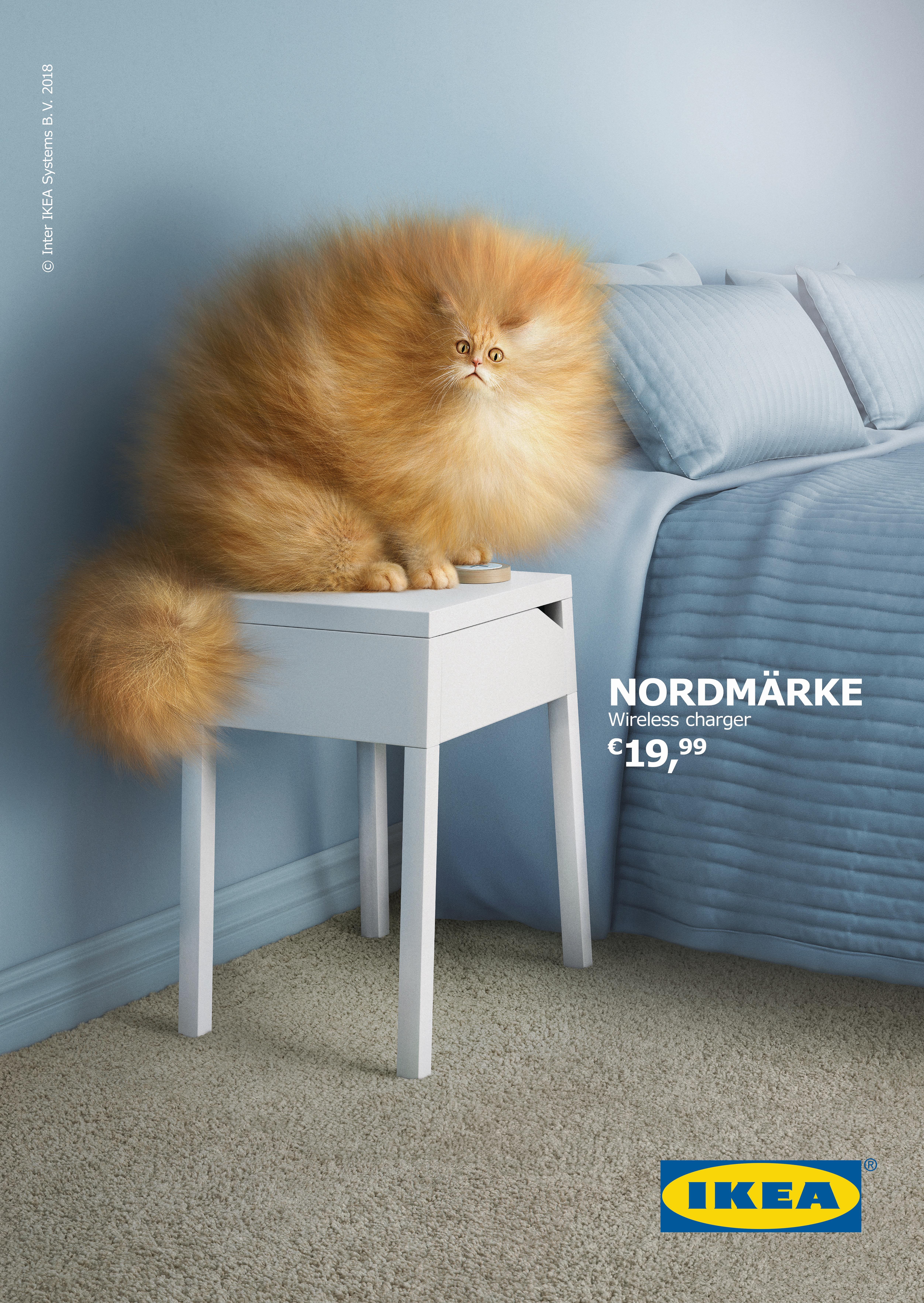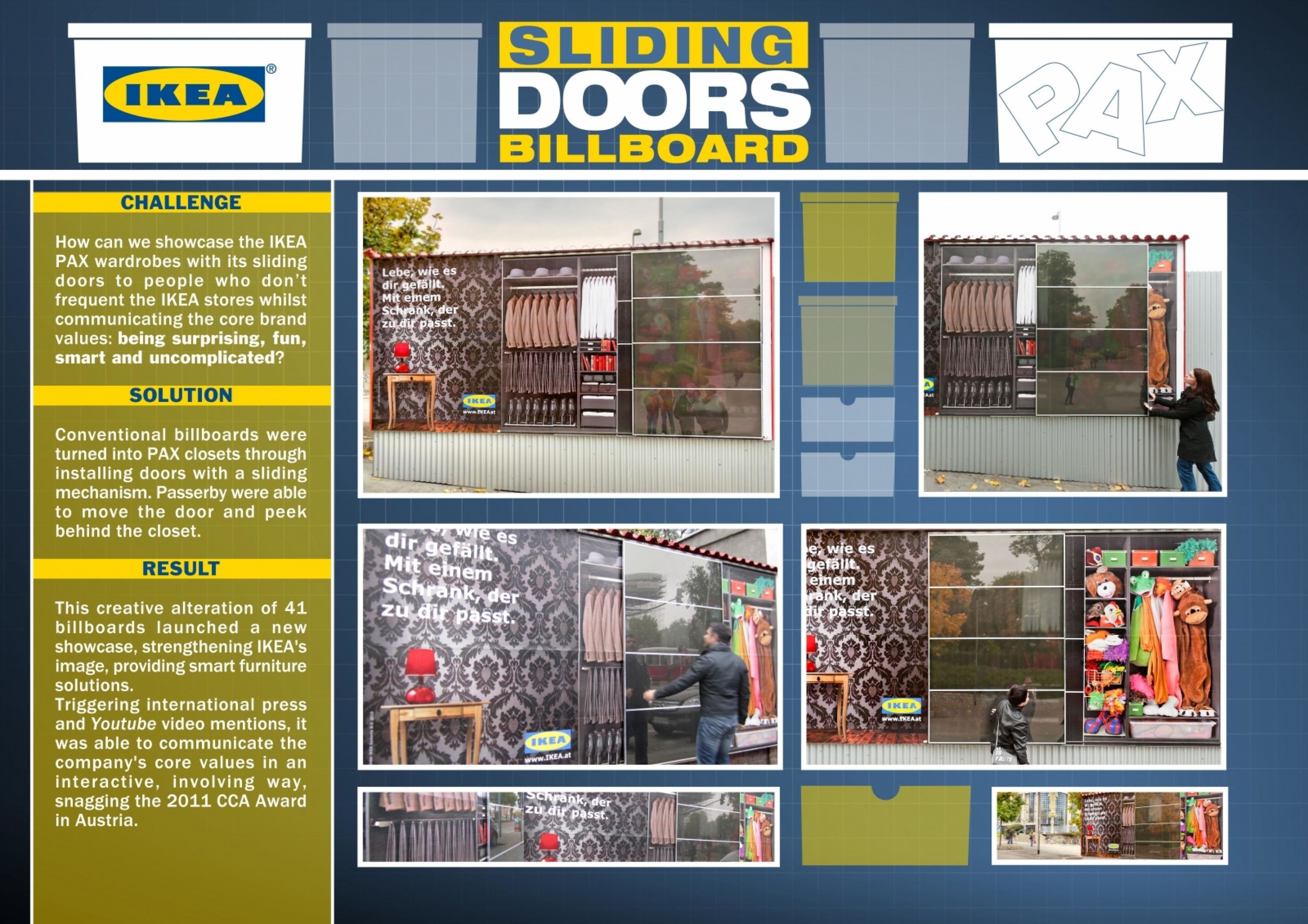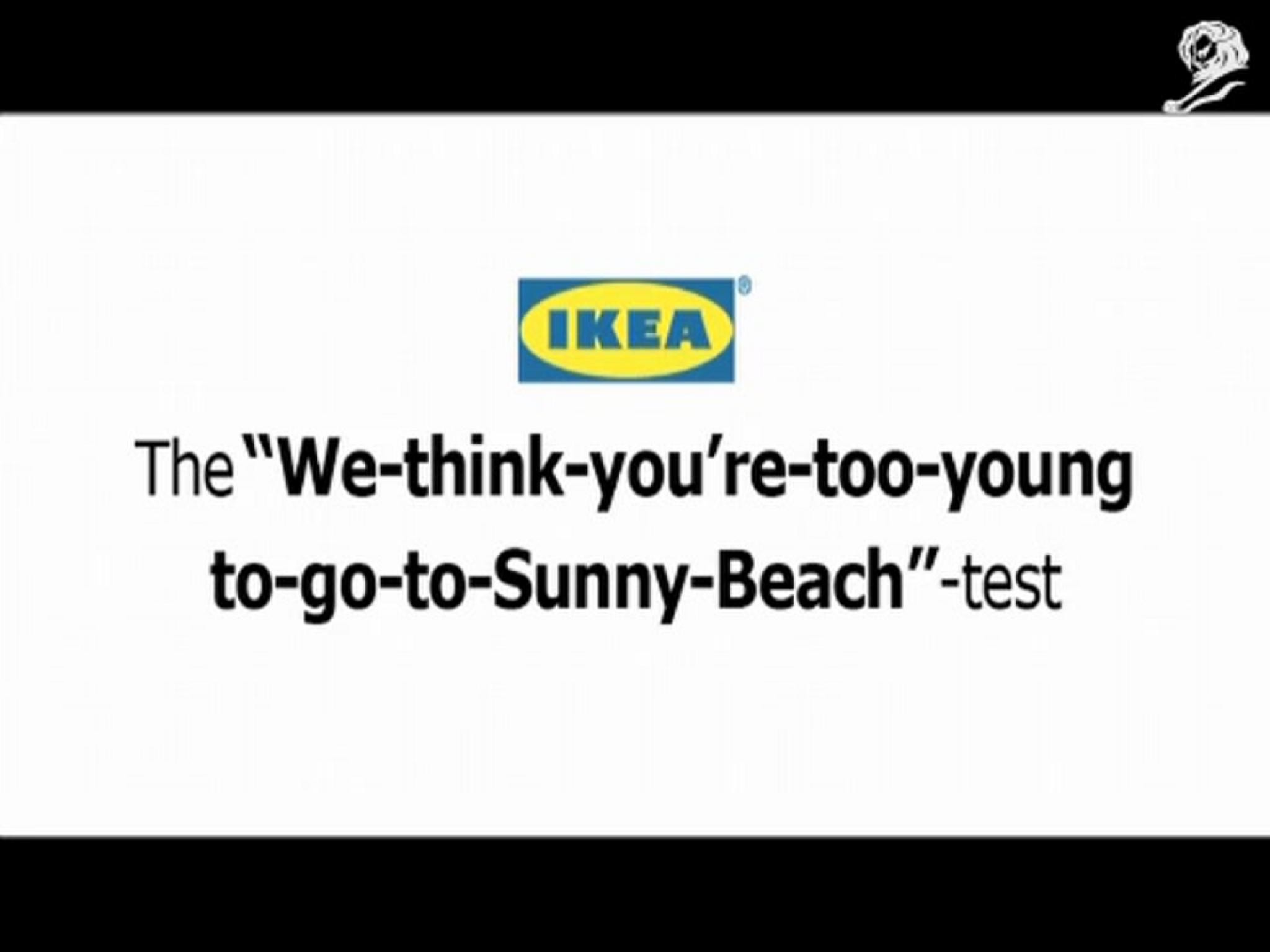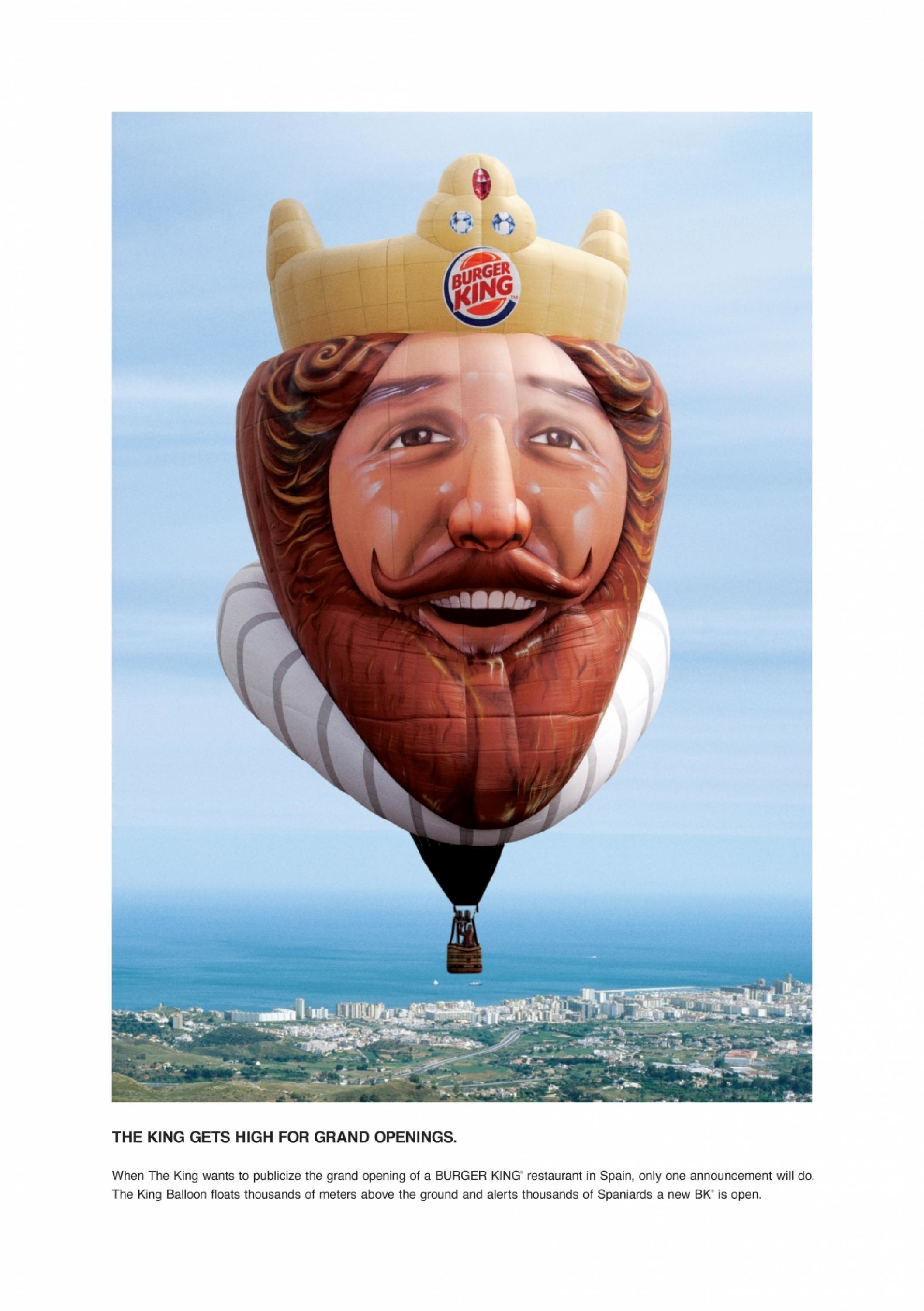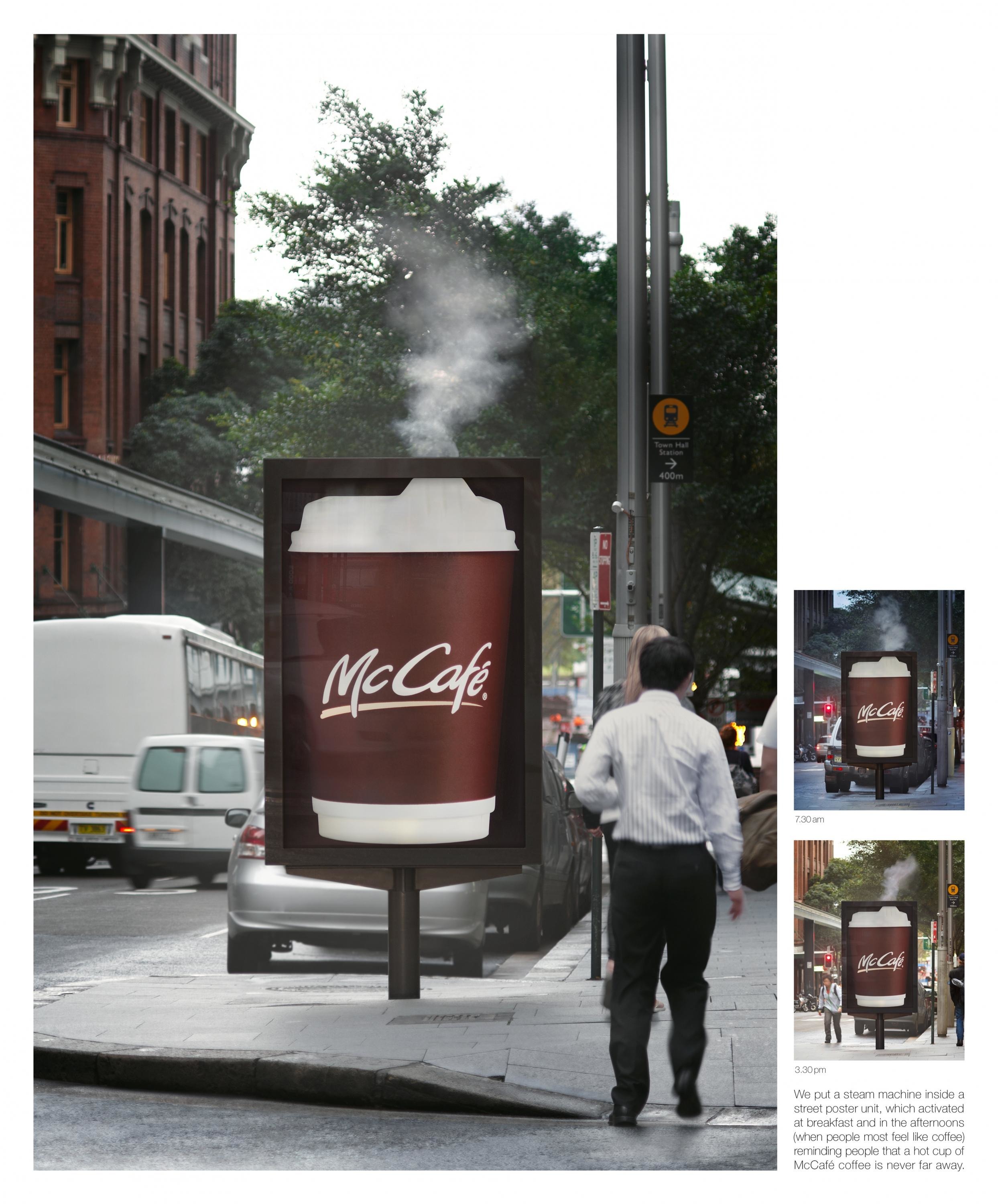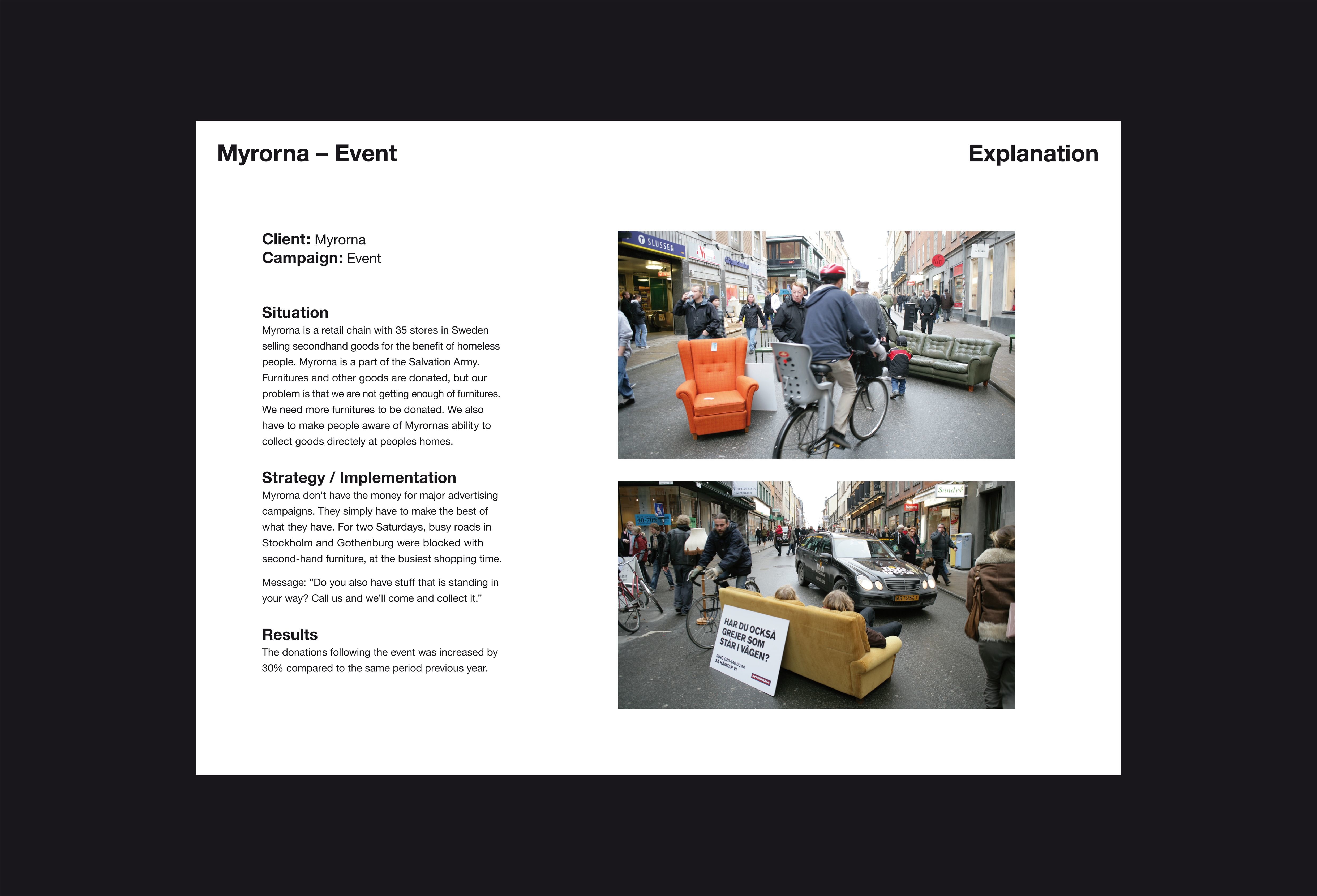Eurobest
The Lagom Collection
PROXIMITY LONDON / IKEA / 2019
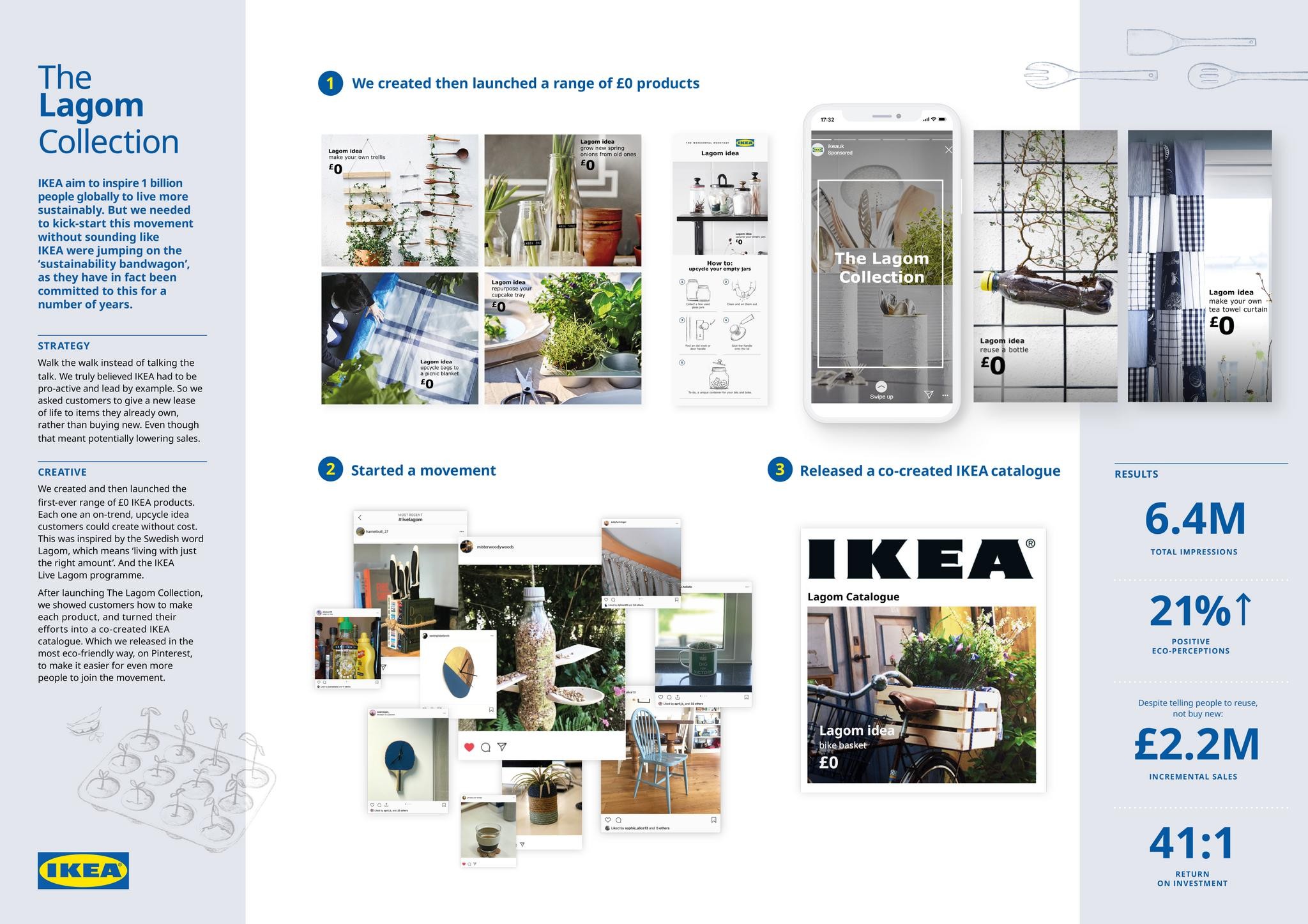
Overview
Entries
Credits
Overview
Background
Sustainability is the topic of the moment, and as a brand that delivers ‘the wonderful everyday’ for millions, doing so sustainably was becoming increasingly important to IKEA customers too.
Globally, IKEA have a huge ambition to inspire and enable 1bn people to live more sustainably by 2030, and a strategy in place guiding the entire business from product development, to food range, services offering and beyond.
But, the cost of articulating this in the wrong way is significant, with consumers being hyper-aware of ‘greenwashing’ and any negative response amplified rapidly through social media.
Additionally, it’s no longer enough to behave in a way that’s not bad. Consumers want brands to do and won’t act themselves until they see businesses, authorities and peers acting.
We needed to articulate our green credentials, authentically, giving customers a way to engage (ideally still with a commercial payoff).
Idea
We launched IKEA’s first ever £0 range – the Lagom Collection. Instead of asking people to buy new items, we encouraged them first to turn an existing item into something new. We kicked off by giving ideas of our own like turning old tea towels into curtains, plastic bottles into planters and the iconic blue bag into a picnic blanket.
The creative stood out by challenging people to think about small and easy things they can do with items around the home. It also allowed for an evolution into a co-creation phase, inviting people to share their own £0 Lagom creations.
We published the best of these ideas in the £0 Lagom Catalogue. Launched on Pinterest (rather than printed) and at the IKEA’s most sustainable store in the world in Greenwich, London. Here consumers could see these ‘new’ £0 Lagom products and be inspired by the stories behind their creation.
Strategy
Lagom in Swedish means ‘the right amount is best’. Lagom encapsulates the IKEA attitude to sustainability. Small changes undertaken by lots of people, accumulating to make a real difference – overcoming the key barrier of the issue feeling too big for individuals to tackle by themselves.
So, we created and launched a brand new collection, the £0 Lagom collection. Full of ideas, tips and products to encourage consumers to live more sustainably. To reinforce the idea of many easy, small changes, we drip fed content across multiple channels over a four month period. We used Instagram to launch, driving early reach and engagement. Emails were tailored and sequenced according to consumers level of engagement. Pinterest allowed us to surface ideas to people at the point they were searching. On Facebook we seeded ideas with the IKEA Live Lagom group - an already committed community, who helped us start a movement.
Execution
Each of the £0 Lagom ideas were carefully considered to re-use and upcycle existing IKEA products or items people would traditionally have thrown away, like tin cans. Shot to match existing product ranges they were launched to Instagram stories, on Facebook and Pinterest.
Momentum was driven with PR and influencer activity. We created and filmed in-store workshops for consumers to learn how to create £0 Lagom products. These were shared on IGTV to make them accessible to the wider community. All the work carried the hashtag #livelagom and encouraged consumers to share their own ideas.
Two months after launch we published the best of these ideas in the £0 Lagom Catalogue. Launched on Pintrest (rather than printed) and at IKEA’s most sustainable store in the world in Greenwich, London, where consumers could see these new £0 Lagom products and be inspired by the stories behind their creation.
Outcome
We’ve established an awareness and understanding of the IKEA sustainability ethos, with a 21% increase in recognition of IKEA as a brand which ‘makes a positive impact on society and the environment’.
And despite being a campaign to sell a lifestyle NOT product, it drove spend uplift across all audiences, with the average increase per visit at £20, rising to over £40 increase among those least engaged with sustainability, proving the impact of the segmentation.
Overall, the campaign drove an ROI of 41:1 with 34% of transactions containing a ‘sustainable’ item (something which has been made sustainably, using sustainable materials or helps people live a more sustainable life).
Finally, at a time when our audience are more critical than ever, the campaign saw outstanding results from social media activity. Impressions totalled 6.4m, engagement rate reached 38%, and there was a 73% increase in followers of the existing Facebook Lagom group.
Similar Campaigns
12 items
